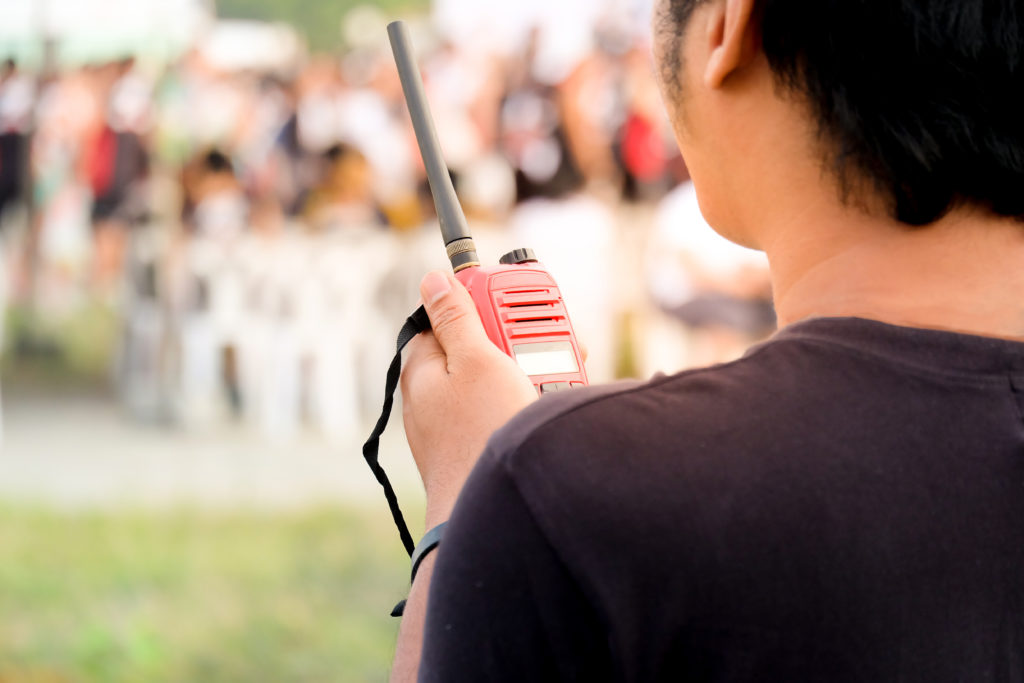From the VolunteerLocal archives, an article in the spirit of raising spirits 🙂
As a volunteer coordinator, you’re juggling what feels like a million different tasks.
Your mind might be racing because you didn’t order enough t-shirts. Someone just told you they’ve got a food allergy and you’ll need to adjust the lunch menu. One of your volunteers just cancelled with less than 24-hours notice. With all of the things you’re working on, it’s easy to get preoccupied with the little details.

Take a breath.
Remember why you’re doing this important work.
At the end of the day, all of this energy is dedicated to making a difference in your community, in sometimes small and large ways. In this moment of desperation, I like to read quotes from leaders I admire, who navigated the weeds long enough to make change, and do good. I’ve transcribed a few of my favorites below. Enjoy.
“Do small things with great love.” -Mother Theresa
It’s easy to feel insignificant when there’s a mountain of work in front of you. But every task, every errand, every call you’re making is contributing to this cause. It’s important to remember that even those mundane tasks are critical to the long-term outcome that everyone on your team is working hard to realize. Each step you take, no matter how small, is a step forward for your community.
You may not be the only one feeling overwhelmed – some of your volunteers may also be feeling the drain, too. The clean-up crew are wondering whether their work matters. Those taking drinks tickets are gazing at the long-line before them and thinking, what’s all this for?
Everything adds up, particularly the things we put care and love into. Let your volunteers know that whatever task they’re doing, it’s making an impact. Every individual contributes in a significant way towards increasing awareness, raising funds, bringing people together and making our cities and towns more cultural, vibrant and fun.
“To move forward you have to give back.” -Oprah Winfrey
Giving your time helps others, and it helps you. It’s easy to give our money, or donate our old belongings to a local thrift store – but to give our time? Our effort, hard work and (l)earned skills? These opportunities to give that part of ourselves enables us to connect with others and the mission. We can grow in meaningful ways.
“A lion chased me up a tree and I greatly enjoyed the view from the top.” -Confuscius
It’s that time of night when the spreadsheet in front of you is starting to blur. You have a giant detailed list of seemingly endless things to do. You’re tired, exasperated and just over it.
Step away from the glow of your computer screen and remember the big picture. There will always be challenges before you, and opportunities to overcome them, individually or with the collaboration of those you trust and can depend on to help see you through. If you find yourself at the top of that tree, take a look around. The view is unbelievable.




 When you’re looking for volunteers for your event, the task may seem a bit daunting in the beginning. Don’t worry. Everyone starts somewhere.
When you’re looking for volunteers for your event, the task may seem a bit daunting in the beginning. Don’t worry. Everyone starts somewhere. 2017 called and it said to let go of your old Excel sheets and move to a quicker way to organize volunteers.
2017 called and it said to let go of your old Excel sheets and move to a quicker way to organize volunteers.